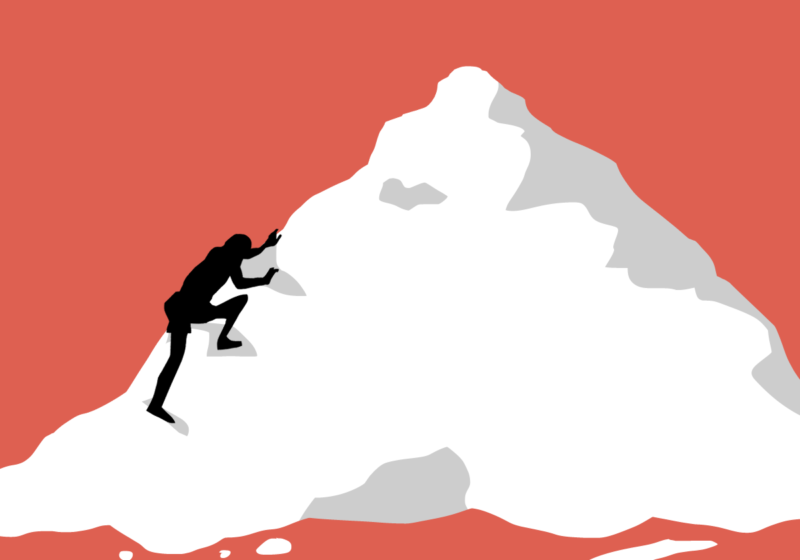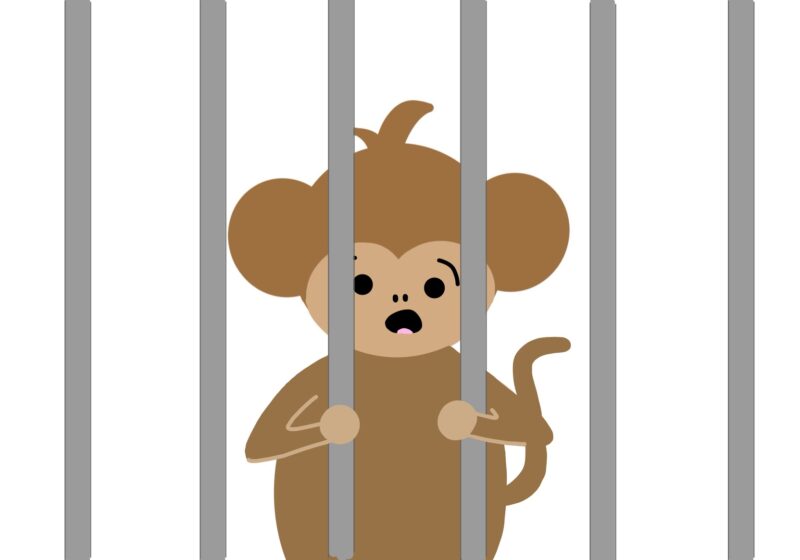Editor’s Note (9/18/20): This is part three of a three piece series about substance use in the United States.
When people refer to a drug epidemic in this country, I think everybody gets a different mental image of that problem. I, for example, instantly imagine West Baltimore, rural Mississippi, or the Pennsylvania Rust Belt. My mind goes to the poor areas with which I’m most familiar.
The poorest parts of the country are the most plagued by addiction. Crack, heroin, and synthetic opioids have, for the last 40 years, targeted the people who can least afford the consequences of addiction.
As a country, we write them off as a separate community. We put them out of our minds, because we think they were never good enough, or we think they’re too damaged to contribute to society, or because we just don’t want to think about them.
We write them off, just like we write off all the evidence that drugs don’t just hurt poor communities. I recently read “Smacked” by Eilene Zimmerman, a book that details her perspective on her late ex-husband’s decline and death due to a cocaine addiction that started when he was in college. What particularly alarms me is that her husband lived the life that a lot of us at UR expect to live once we get our degrees from an elite university. A white-collar job where we work hard and make good money, a spouse, kids, a nice house, etc.
But the white-collar college education that helped Zimmerman’s ex-husband succeed introduced him to the drugs that would eventually kill him. “Smacked” shows that the college kid who parties hard in school, doesn’t always settle down after graduation. Sometimes it’s hard to stop the party.
The book’s most important message is that addiction is your problem, too, even if you think it isn’t. Even if you write it off as college fun.
Since the ‘80s, the mantra “tough on crime” has really meant “tough on minorities and poor people.” More often than not, the crimes they’re talking about are drug abuse, violence, and tax fraud created by the drug trade.
I won’t suggest legalizing heroin or fentanyl for recreational use, but the point of my last two articles was that criminalizing drug use doesn’t prevent abuse — it only endangers users. It isn’t safe to legalize drugs like heroin or cocaine, but it isn’t safe to criminalize them, either.
Instead, we need to treat the opioid epidemic like we should’ve treated the crack epidemic, like we should be treating the COVID-19 pandemic. Like a public health issue. Like a dangerous disease,
For nearly 20 years, Portugal has done just that. And it’s working. Helping drug users stay safe, showing them that they can rebuild their lives, and treating them with compassion rather than scorn has been incredibly effective at reducing death and strife from drug abuse in the country.
Another possibility is implementing social programs like universal health care, investing in schools, and improving access to affordable, healthy foods. These are the sorts of policies that make life easier for the people who would otherwise turn to drugs as an escape, only to find themselves trapped in a new cage.
But before we do any of that, we need to make more personal changes. We need to change the way we think about people who are addicted to drugs. Even my friends and I, largely liberal college students who don’t need to be convinced of the ideas I proposed above, need to reframe how we see addicts. The half of the country that doesn’t outright despise addicts pities them, but addicts don’t need our sympathy.
They need us to understand that they’re people, and that they’re parts of our communities. Helping them recover makes us all stronger, and not doing so makes us all weaker. Helping addicts means safer streets for your kids. It means more open hospital beds for your grandparents. It means if your brother or cousin develops an addiction, they don’t have to be ostracized from the family.
We can never solve our addiction crisis if we keep looking at it like it’s someone else’s problem. It’s everybody’s problem. When we condescend to addicts, whether it’s paternalistic victim blaming or sympathy that infantilizes them, we fail ourselves.
Stop thinking of drug addicts as “others.” They aren’t. They’re a part of our community, and if you don’t like that, then too bad. Shunning them doesn’t work.
If you don’t want to see the scars of addiction on our communities, the solution is to offer addicts the tools and support they need to help themselves — not handcuffs.





